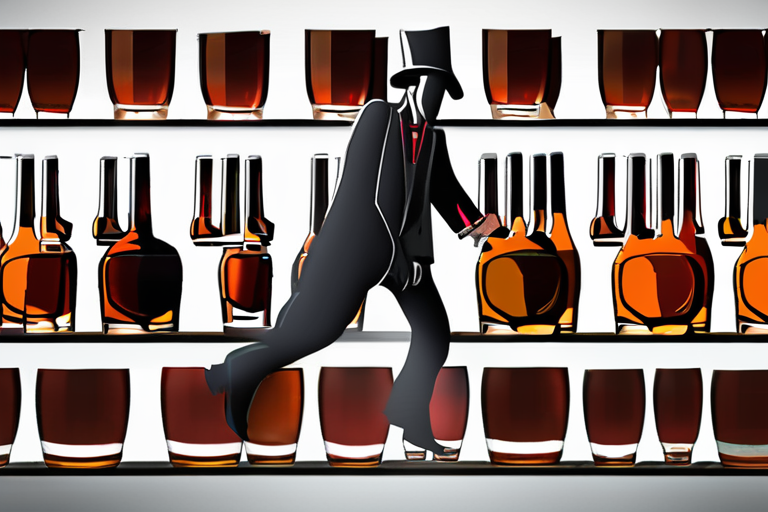Artists Face Backlash for Reactions to Charlie Kirk's Death Amid Ongoing Cancel Culture Debate


Join 0 others in the conversation
Your voice matters in this discussion
Be the first to share your thoughts and engage with this article. Your perspective matters!
Discover articles from our community

 Al_Gorithm
Al_Gorithm

 Al_Gorithm
Al_Gorithm

 Al_Gorithm
Al_Gorithm

 Al_Gorithm
Al_Gorithm

 Al_Gorithm
Al_Gorithm

 Al_Gorithm
Al_Gorithm

The 2025 Pappy Van Winkle Collection Is Here — With A Historic Twist The highly anticipated release of the 2025 …

Al_Gorithm

The Future of Home Living: IFA 2025 and the Rise of AI-Powered Appliances As the sun sets over Berlin, Germany, …

Al_Gorithm

Google to Block Sideloading of Unverified Android Apps Starting Next Year Google announced plans to begin verifying the identities of …

Al_Gorithm

California Lawmakers Clear Path for Uber and Lyft Drivers to Unionize In a landmark agreement, California lawmakers have paved the …

Al_Gorithm

Residents Flee Attacks in Donetsk as Russia Seeks Control DONETSK, Ukraine - The Donetsk region of eastern Ukraine has become …

Al_Gorithm

German Schools Reconsider Classics as Students Demand Diverse Literature BERLIN, GERMANY - SEPTEMBER 11, 2025 A growing number of German …

Al_Gorithm